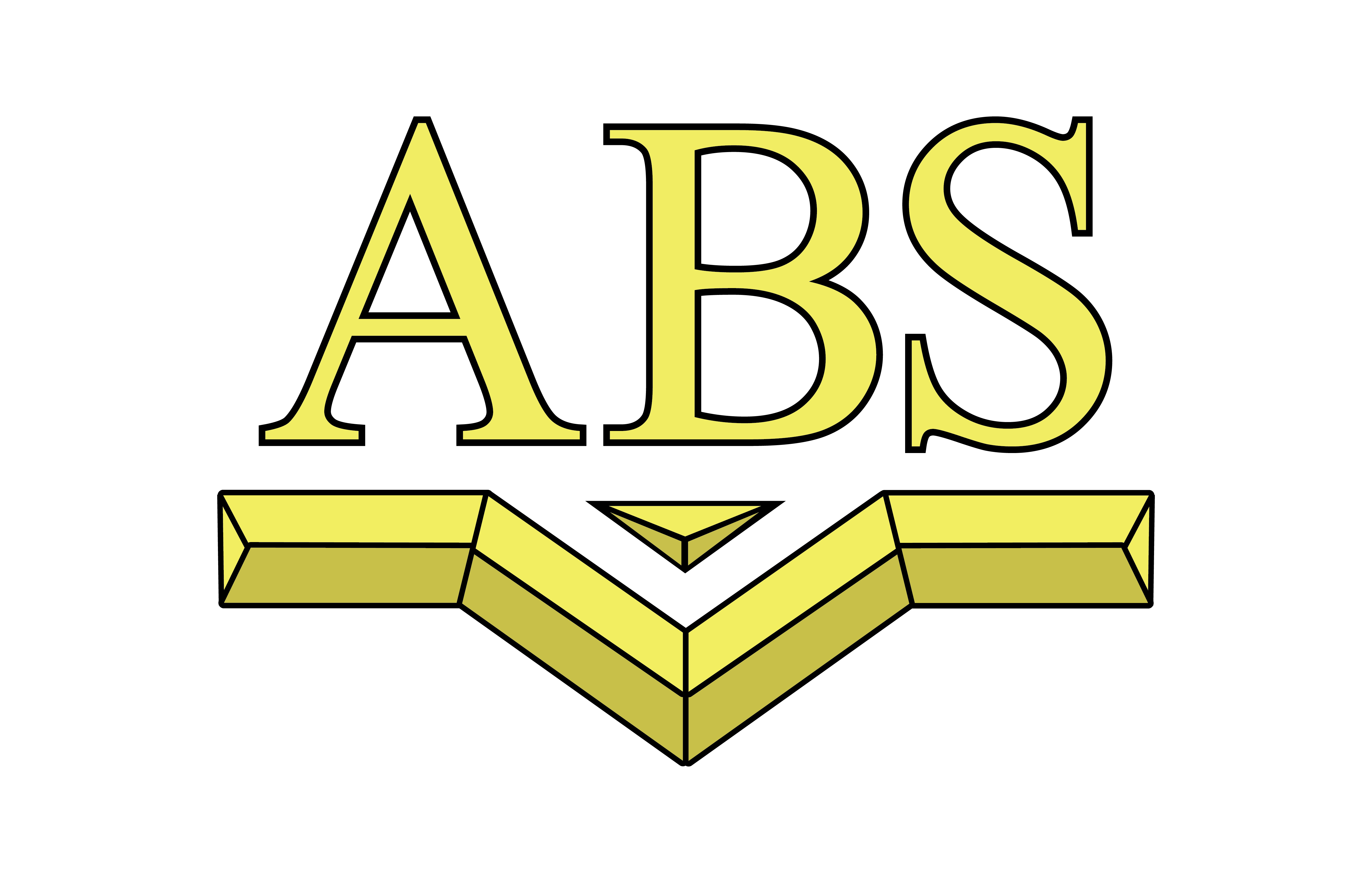
Nearly every quarter, I present a brief review of ABS’ operations, finances, and important news with the entire company. The above title in a sense summarizes my next presentation. I often begin by discussing our mission statement and how what we are doing relates to it. This is followed by a brief update on our financials. Then, we look at our progress towards our current goals, and ideally, we check off a few key objectives. Finally, I go through a SWOT (strength, weaknesses, opportunities, and threats) analysis.Next week, I will be giving another update and review to our team. It will follow the above format. Over the past few years, ABS has more than doubled revenues and the number of employees, purchased a 48,000 sq. ft. office building that we are converting to new labs and offices, and we have added new capabilities. Clearly our team has done a great job. Any organization should be proud of these achievements. We thank our clients, partners, and staff for making this happen.
So, what is the “You’ve got to do better” part of my talk next week. Am I saying these achievements are not good enough or everyone should squeeze out their last ounce of effort? Facetiously, I want to say yes, but the answer is a firm No. The second part of my presentation is not a request for more effort. On the contrary, my goal is ultimately to make everyone’s work easier and more rewarding. It all depends upon what one means by better.
As an organization grows and evolves, processes must change. What may work for a small organization can be catastrophic for a large organization. For example, if there is only one person in a laboratory tracking where they place samples in a single freezer, a simple spreadsheet may be adequate. If ten people are placing samples wherever they choose in multiple freezers and tracking them with their own spreadsheets, then there is chaos. What once worked well can quickly become a disaster. Change requires overcoming inertia because old ways may seem satisfactory, but effective change reaps multiples in productivity, resulting in less work and re-work.
The message is clear. Change must be embraced if one is to advance to the next level of growth. This is the context in which I intend “You’ve got to do better”. All organizations should celebrate their successes while recognizing that what worked in the past may no longer bring success. ABS recognizes this as we plan for a successful future.
ABS is founded upon the values of making biomedical research faster, easier, and more reliable for our clients. Those values will not change. We want our clients to know that our commitment to delivering those values will not waiver. We have grown because of that commitment. We will do so in the future by continuing to rapidly improve our systems and processes to maintain that commitment.
The desire and necessity to do better is implicit in our business. A commitment to improvement does not imply criticism. It is the recognition that we must be proactive to effectively deliver on our promises. We will continue to seek out better ways of serving our clients whether it is our new client portal or the addition of new services such as flow cytometry, cell sorting, and CRISPR.
We ask that our clients, our partners, and staff work together to help us deliver the greatest value to the scientific community because what we all do matters. We seek suggestions for improvement from new services to better packaging. ABS is an extension of your laboratories.




